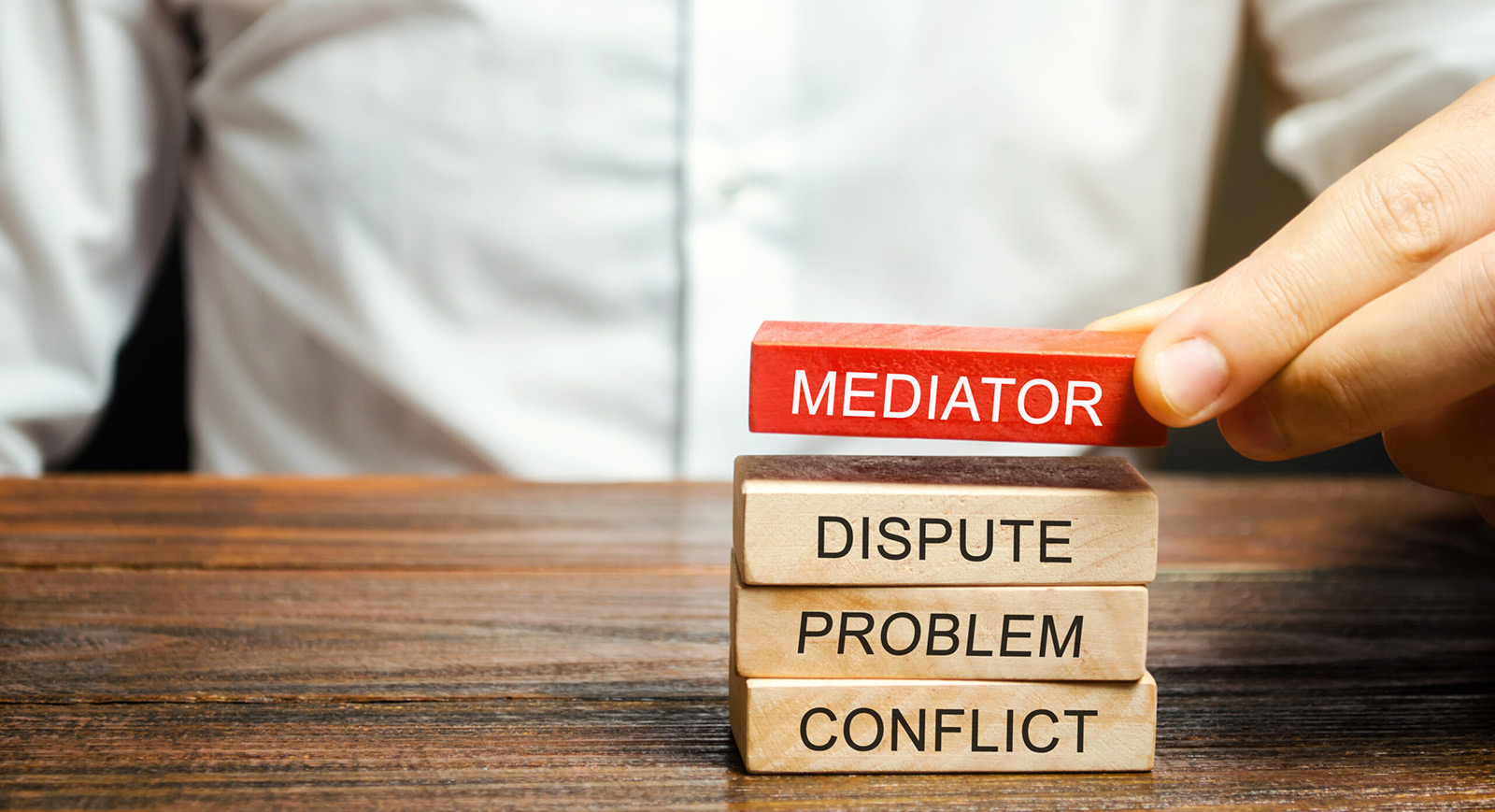-
Business Services ▾
-
Company & Commercial
- Legal Services for Landlords
- Commercial Property
-
Employment Law
- - Sponsor Licences
- - Employment law solicitors and HR training UK
- - Employment Tribunals Advice
- - HR Consultancy
- - Discrimination and Family Issues in the Workplace
- - Restrictive Covenants
- - Drafting and Varying Contracts of Employment
- - Redundancies and Restructuring
- - Disciplinary Hearings, Dismissals and Grievances
- - Trade Unions and Industrial Action
- - TUPE Guidance
- Commercial Litigation
-
Legal Compliance
- Debt Recovery
- Business Recovery & Insolvency
-
Company & Commercial
-
Individual Services ▾
- Residential Property
- Public Law
- Family & Matrimonial
- Children Law
-
Clinical Negligence
- - Abuse and neglect of the elderly
- - Fracture Negligence
- - Surgical Negligence
- - GP Negligence
- - Gynaecological Claims
- - Medication and Prescription Error Advice
- - Paediatric Claims
- - Orthopaedic Negligence
- - Physiotherapy or chiropractic treatment errors
- - Ophthalmic Eye Claims
- - Cancer Misdiagnosis Claim
- - Pressure Sores
- - Inquest Representation
- - Cauda Equina Syndrome Compensation
- - Anaesthetic Awareness – Administration Mistakes
- - Birth Injuries
- - Cosmetic Surgery Mistakes
- - Negligent Cardiac Care Claims
- - Cerebral Palsy
- - Chiropractic Injury
- - Colorectal Surgery
- - Consent to Treatment
- - Dental Negligence
- - Ear, Nose and Throat
- - Sepsis
- - Personal Injury
- Wills & Probate
- Dispute Resolution
-
Sports Law
- Employment Law
-
UK COVID-19 Inquiry
- LGBTQ+ Legal Advice
13th October 2020 | Commercial Litigation | Landlord & Tenant Disputes | Property Disputes
Mediation – an alternative way to resolve disputes and conflicts
One of the most common ways to keep any dispute out of court is mediation. In this blog post, our head of dispute resolution, Ben Jenkins, looks at what mediation is, why it has become increasingly popular and what benefits it can bring.

“Taking a case to court can be stressful for all involved, whether it’s a divorce, a clinical or professional negligence claim or a dispute over contracts or property.
“I head up the dispute resolution team here at Harding Evans, which handles a wide range of instructions, from defamation claims and contractual disputes to supplier and warranty disputes and professional negligence claims.
“Whatever the nature of the dispute, we try take a proactive approach to managing them to avoid potentially lengthy and expensive court cases and minimise the risk of further conflicts in the future.
“The vast majority of cases are suitable for mediation. I’ve tried to answer the most commonly asked questions about the process here.”
What is Mediation?
Mediation is the process of settling disputes via negotiation out of court. It is a flexible, voluntary and confidential form of alternative dispute resolution. The parties usually jointly instruct a neutral third party – often a professional mediator – who tries to work towards a negotiated settlement of the dispute. Unlike a judge or arbitrator, the mediator will not decide the case on its merits, but will work to facilitate negotiations between the parties so that agreement can be reached, or so the issues in dispute can be narrowed. The parties retain control of the decision on whether or not to settle and on what terms.
Why is mediation getting more popular?
The mediation process allows more creativity and flexibility over settlement options than the court or arbitration process.
At a trial, the decision making process is placed entirely in the hands of the judge and who wins the case will be largely down to whose evidence or arguments he or she prefers. With mediation, the interested parties have much more control over the outcome.
The parties can select the mediator who is most appropriate for the dispute, whereas the parties cannot choose a judge if the matter goes to trial.
What are the other benefits?
Many clients find going to trial traumatic and can often feel uncomfortable about giving live evidence on the witness stand. Also, during cross-examination, clients often have to disclose very personal and uncomfortable details about their lives. Mediation is much less formal than court and is often far less stressful and traumatic as a result.
In corporate disputes, we often find that business relationships can be preserved or enhanced by mediation. Long-term relationships, arrangements in small or sensitive markets, joint ventures and similar relationships can be restored.
Finally, it is worth remembering that mediation is much less costly than taking a case to trial. It can also provide a speedier resolution as it can be arranged quickly, often within weeks depending on the parties’ and the mediator’s availability, and the process itself will most often take 1 day at most.
Does mediation have a high success rate?
Mediation does not always result in a settlement but it generally has a high success rate. According to latest research, just over 74% of cases were settled on the day, with another 15% settling shortly thereafter.
When should mediation take place?
Mediation can take place at any stage from before issuing court or arbitration proceedings through to appeal. However, getting the timing right will give mediation the best chance of proving cost-effective and successful. The optimum time will depend on the nature of the case. As a general guide, if the issues are properly defined and there has been a proper exchange of information and documents, the best time to mediate may be before formal proceedings are even issued and costs begin to escalate.
Get in touch
If you have any questions relating to mediation or think that it could be a good way to solve any disputes that you are currently involved in, get in touch with our expert team by emailing hello@hevans.com or calling 01633 244233.












